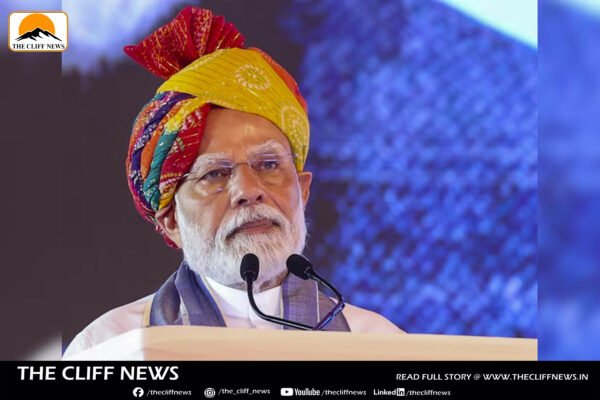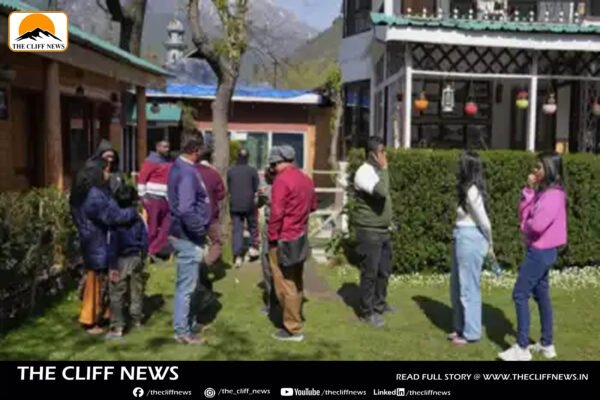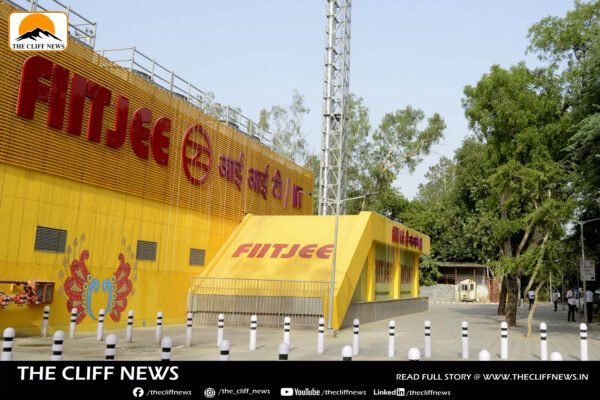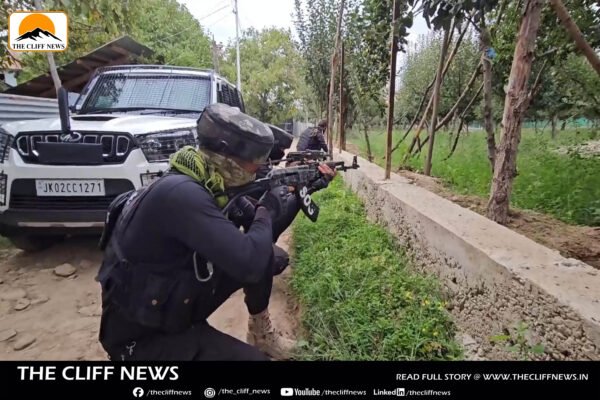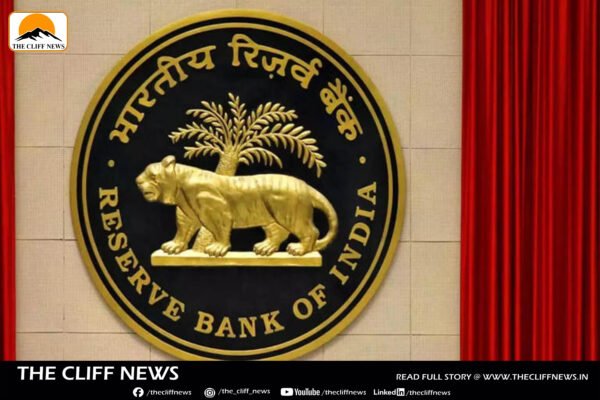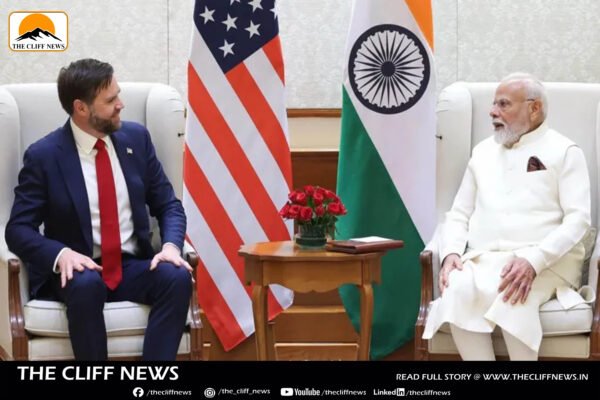PM Modi Launches ₹13,500 Crore Projects in Bihar, Flags Off Four New Trains on National Panchayati Raj Day
Prime Minister Narendra Modi, during his visit to Bihar on Thursday, launched and inaugurated development projects worth approximately ₹13,500 crore. The event was marked by the inauguration of vital infrastructure projects and the launch of new train services aimed at enhancing connectivity and boosting regional development. Among the key highlights was the flagging off of four new trains: Marking the occasion of National Panchayati Raj Day, the Prime Minister also inaugurated crucial rail infrastructure projects including: In a push towards energy and infrastructure growth, PM Modi laid the foundation stone for an LPG bottling plant with a rail unloading facility at Hathua in Gopalganj district. With an investment of around ₹340 crore, the plant is expected to enhance the efficiency of bulk LPG transportation and streamline supply chains in the region. The power sector also received a significant boost as the PM laid foundation stones for projects worth over ₹1,170 crore and inaugurated multiple projects exceeding ₹5,030 crore under the Revamped Distribution Sector Scheme in Bihar. Furthering rural empowerment, PM Modi distributed benefits worth around ₹930 crore under the Community Investment Fund to more than 2 lakh Self Help Groups (SHGs) in Bihar as part of the Deendayal Antyodaya Yojana – National Rural Livelihoods Mission (DAY-NRLM). Additionally, he handed over sanction letters to 15 lakh new beneficiaries under the PMAY-Gramin scheme and released instalments to 10 lakh PMAY-G beneficiaries across the country. He also conducted Grih Pravesh (house-warming) for 1 lakh PMAY-G and 54,000 PMAY-Urban houses in Bihar by handing over keys to selected beneficiaries. The visit highlighted the government’s commitment to inclusive development, infrastructure expansion, and rural empowerment in Bihar and across India.
